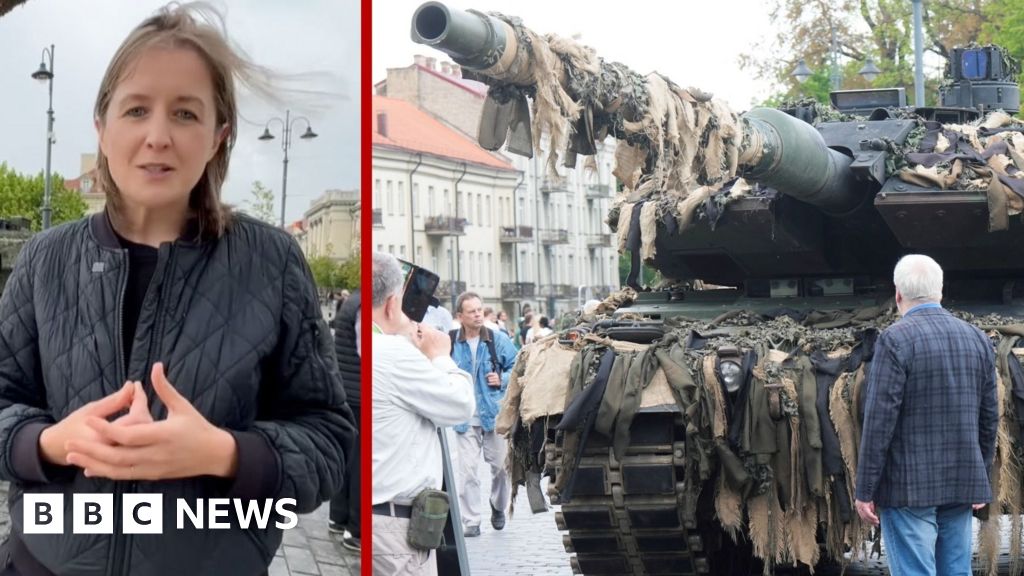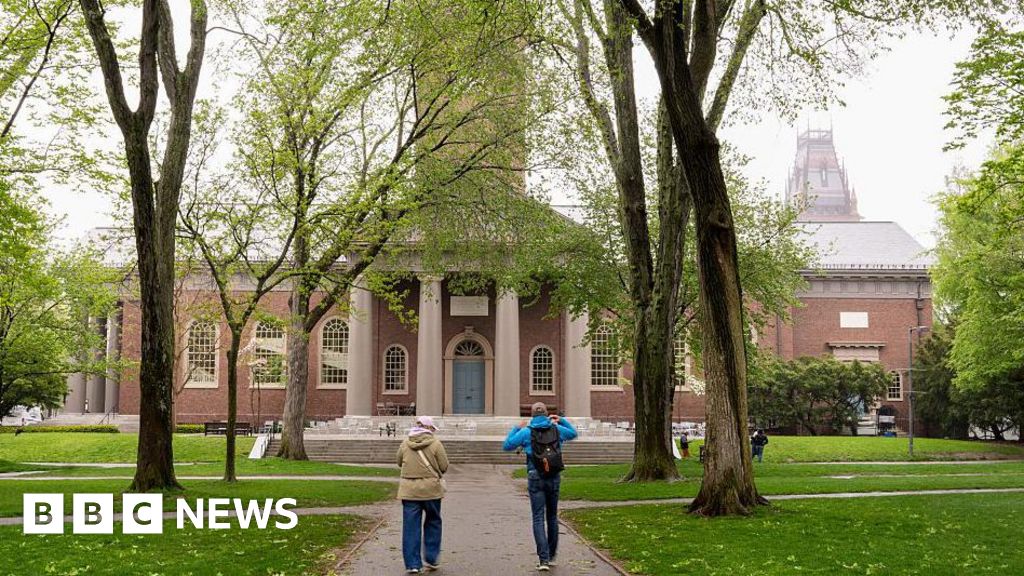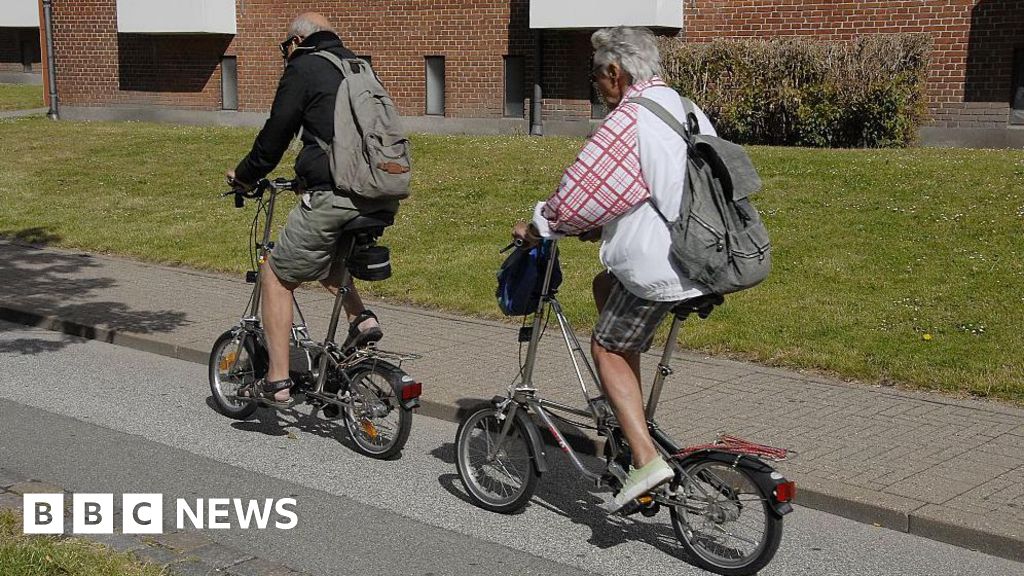ARTICLE AD BOX
Kathryn Armstrong
BBC News
Reporting fromLondon
A top Maoist leader has been killed fighting with Indian security forces in the central state of Chhattisgarh.
Nambala Keshava Rao, who is also known by several alias, including Basavaraju, was among 27 rebels killed on Wednesday, Indian Home Minister Amit Shah said. One police officer was also reported to have died in the fighting.
According to Shah, it is the first time in three decades that a Maoist of Rao's seniority had been killed by government forces.
Parts of Chhattisgarh have seen a long-running insurgency by the rebels, who say they have been neglected by governments for decades. The Indian government has vowed to end their insurgency by the end of March 2026.
Rao, an engineer by training, was the general secretary of the banned Communist Party of India (Maoist) group. He was on the most wanted list of the National Investigation Agency (NIA) - India's counter-terrorism law enforcement body.
Vivekanand Sinha, a senior police official in Chhattisgarh, said the gunfight in which Rao and the others died, broke out in the Narayanpur district following an intelligence tip-off that senior Maoist leaders were in the area.
Indian Prime Minister Narendra Modi wrote on X that he was "proud of our forces for this remarkable success".
The Communist Party of India, meanwhile, has condemned the killings and called for an independent inquiry.
Last month, the Indian government launched a massive military operation - known as Black Forest - targeting the group.
Shah said on Wednesday that 54 rebels had been arrested so far, and 84 had surrendered in the states of Chhattisgarh, Telangana, and Maharashtra, as a result.
The operation was launched after the Maoists said they were ready for talks with the government if it halted its offensive and withdrew its troops. Chhattisgarh officials said any dialogue must be unconditional.
The Maoists are inspired by the Chinese revolutionary leader Mao Zedong. Their insurgency began in West Bengal state in the late 1960s and has since spread to more than a third of India's 600 districts.
The rebels control large areas of several states in a "red corridor" stretching from north-east to central India.
Major military and police offensives in recent years have pushed the rebels back to their forest strongholds and levels of violence have fallen.
But clashes between security forces and rebels are still common, killing scores of people every year.
A crackdown by security forces killed around 287 rebels last year - the vast majority in Chhattisgarh - according to government data. More than 10,000 people are believed to have died since the 1960s.

 8 hours ago
11
8 hours ago
11








 English (US) ·
English (US) ·